Dino Yomputu, on Wednesday, in a Red Cross office in Las Palmas de Gran Canaria. Quique Curbelo
Dino Yomputu (Kinshasa, Democratic Republic of the Congo, 35 years old) had been stumbling around Africa for four years, trying to find a better future for his two children, when he decided to make the leap to Europe.
“My second child was on the way, and I exploded.
I realized that he had to give them an education,” he says.
In Rabat (Morocco), he and his friend Lukombo Palmusie - whom Yomputu calls "brother" - paid 3,700 euros each for a trip that would take them "as VIPs" from El Aaiun (Western Sahara) to Spain.
It all ended, however, in "a nightmare", recalls the Congolese in a Red Cross office in Las Palmas de Gran Canaria, three weeks after the shipwreck of the boat.
On April 26, on the fourth day of the trip and already lost, they were spotted by a Salvamento Marítimo helicopter 150 nautical miles (241 kilometers) southeast of Gran Canaria.
When the ship Guardamar
Calliope
tried to rescue its occupants ―57 people, according to Yomputu's calculation―, the boat capsized and everyone fell into the sea.
27 people drowned, including small children and their mothers.
"The bodies of babies passed me by and collided with me."
The survivor bursts into tears as he relates what happened.
“I advise against taking this route.
It's not worth it,” he says.
More information
Spain recovers only 9% of the bodies of migrants who die at sea
One dead and 26 missing when a boat shipwrecks in full rescue 245 kilometers from the Canary Islands
Yomputu is a professional guitarist and bassist.
He hasn't seen his children in four years.
Recently divorced, in 2018 he decided to cross the Congo River from Kinshasa and settle in Brazzaville, the capital of the Republic of Congo.
Thus began a journey that took him through the heart of the continent: Gabon, Cameroon, Benin, Mali and Mauritania.
“In the end, all the countries in Africa are the same, it is difficult to prosper and lead a better life.”
Once in Morocco, he was able to save a small amount of money by performing in clubs and discos, as well as occasional cooking jobs.
"I worked all the time, and all the time the music was with me."
Dino Yomputu (right) and his friend Lukombo Palmusie, on Wednesday in the Gardens of the Hotel Santa Catalina, in Las Palmas de Gran Canaria.
Quique Curbelo
The contact
One day, he and his inseparable friend, the percussionist Lukombo Palmusie, received a visit from another friend from the Congo who, he explained, had a contact that would allow them to travel to Europe.
"Guaranteed, he assured us."
That same day they received the call: they would pay 3,700 euros each and would have special treatment.
"We would arrive in the Canary Islands in one day."
Barely 24 hours later, they left for El Ayoun by bus.
“We were very motivated with the idea of being a VIP, I was convinced that everything was going to be fine…”.
In the Saharawi city they spent several days locked up in a small room with six other people, sleeping on the floor.
“It was a bit like being in jail,” recalls Yomputu.
"But we were happy, not nervous at all."
They were made with basic supplies and even two life jackets.
Several days later it was time to get going.
"At night, always at night."
Another car picked them up to take them to a hangar.
There, the scene took a turn: "There were about 120 people, and many women and babies."
After a while, two
pick-up trucks arrived,
loaded 61 people and set off along a route that often veered into the desert to avoid checkpoints.
Until they reached the foothills of a mountain, where men, women and children would spend their last day on the continent, under the Saharan sun.
The emergency personnel disembarked in the port of Arguineguín the only body that the Guardamar 'Calíope' could recover from the shipwreck in which 26 people disappeared on April 26.
Angel Medina G. (EFE)
The exit
“The sea was calm when we got to the beach the next night, around two in the morning,” recalls Yomputu.
"But within a few minutes strong waves started breaking, and some of the group got nervous."
It was then that the Moroccan mafia leaders warned them that amulets, watches or chains could not be brought on board.
“Anything metallic had to be left on the ground because the spirits of the water, the
mami watas
They don't like jewelry.
Five or six migrants could not bear the fear and fled shortly before boarding.
Once embarked, the die was cast: "the point of no return" had been passed, says Yomputu, who emphasizes this fact: "Those who brought us don't like their routes to be known."
Already on board, the violence of the sea made it difficult for the boat to overcome the first three or four waves.
And, once they got over them, the Moroccan who was driving her jumped into the water and returned to shore.
"A Negro took the helm and we headed off into the darkness."
Conditions in a boat are extremely difficult, explains Yomputu.
“I barely slept for four days.
We were very, very crowded.
It touched me near the edge of the boat and, as there is little room, if you are not careful you fall into the water.
You can easily spend the entire journey in the same position.”
And his trip was not exactly placid.
"I was vomiting all the time, and, on top of that, part of my vomiting fell on a very small child."
The boat moved forward, but the crossing was already beginning to twist.
The compass had stopped working in the first kilometers.
"Things started to get tense on the second day," he continues.
“The captain had stopped the engine to save fuel, and everyone started to discuss the direction to go.
Some cried and begged us to go back.
The captain yelled at us that we had to remain calm, that he did not want to die at sea.
And, in the end, he did end up drowned”.
On the third day, prisoners of desperation, the three bosses went to the passage.
They were sure that some were traveling with amulets, and that was why everything was going wrong.
"We started frisking everyone, and we found three women who were wearing three gold chains in their hair."
They threw the chains into the sea.
And then, Yomputu maintains, things started to get better.
“The compass came back to life, and we even got GPS coverage and a phone signal.
It was like that, really, ”he assures.
The recovered telephone signal allowed them to contact Helena Maleno, the person in charge of the NGO Caminando Fronteras, who provided them with coordinates to move forward.
"Suddenly we all feel very motivated and happy, encouraged."
However, there was still one day left.
And the worst was yet to come.
The tragedy
"At one in the morning, a helicopter flew over us," says the musician.
An hour later, the ship
Guardamar Calliope
arrived in the area , already carrying another 80 people on deck from two previous rescues.
“Everyone was very happy.
I, however, had a bad feeling.
I adjusted my vest and took off everything I was wearing underneath so that it was glued to my body.
I felt the danger approaching.”
The
Calliope
began the approach maneuvers, launched the rope... And chaos broke loose.
“Everyone wanted to jump.
They forgot that there were pregnant women and babies on board.
The boat moved violently to one side, then to the other…”.
The attacks caused all 57 passengers to fall into the sea.
Many of them, like Yomputu himself, could not swim.
We woke up to a terrible tragedy: twenty-seven people, including thirteen women and six babies, died after the boat they were traveling in capsized.
The survivors are being transferred by Salvamento to Gran Canaria.
#D.E.P
– Helena Maleno Garzón (@HelenaMaleno) April 26, 2022
"Suddenly, I found myself in the water and everything turned into a fight between life and death."
He remembers being swept away by a wave at a distance that seemed to him about 30 meters.
“I felt like dying there.
Floats passed around me, children's bodies passed, colliding with me.
And I could hear them screaming… Still, at night when I try to sleep, I seem to hear their screams.”
The last effort
"I have to control myself, it's just me," he says he thought.
She grabbed a pair of floats and tried to make her way toward the ship.
Three weeks later, sheltered in a center managed by the Red Cross and sitting in a chair on the mainland, he explains that it was his "brother" Lukombo Palmusie, the penultimate to board the Salvage ship, who turned his head, distinguished him among the lifeless bodies in the water and sounded the alarm that allowed their rescue
in extremis
.
He was hugged "like a child" once on board.
Still, Yomputu has another theory: "It was God who saved me."
That night, 26 of the 57 people who, according to this account, were traveling in the boat disappeared into the ocean.
Salvamento Marítimo was only able to recover one body, that of a woman.
Now, Dino Yomputu intends to finish his route in Madrid.
But before explaining his plans, he expresses his request: “I would like to tell everyone not to try to travel like this, it's not worth it.
And to Interpol and the Police: put an end to the mafias that deceive and put people in danger”.
Again, his own crying prevents him from continuing to speak.
Exclusive content for subscribers
read without limits
subscribe
I'm already a subscriber

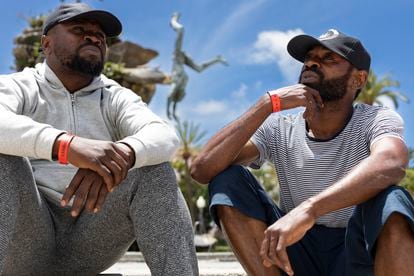
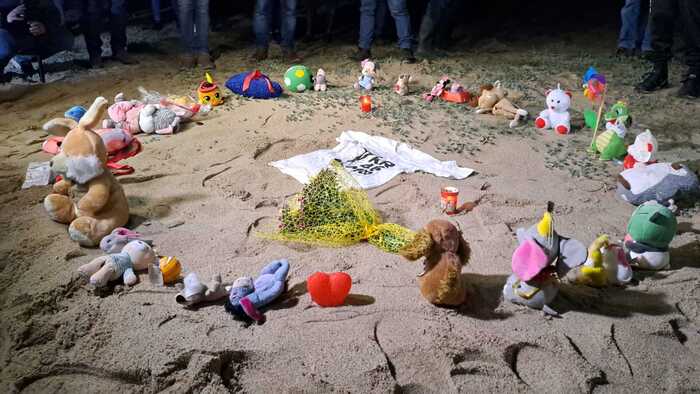
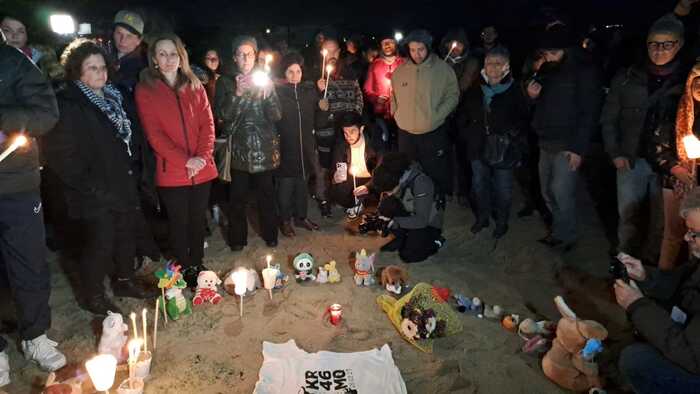

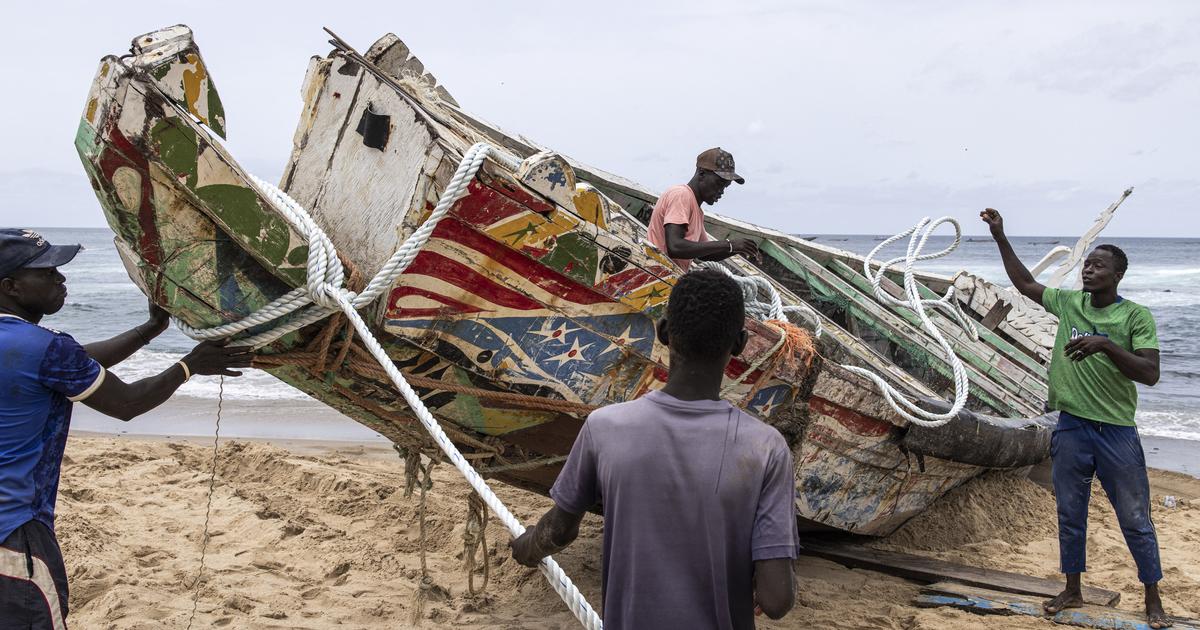
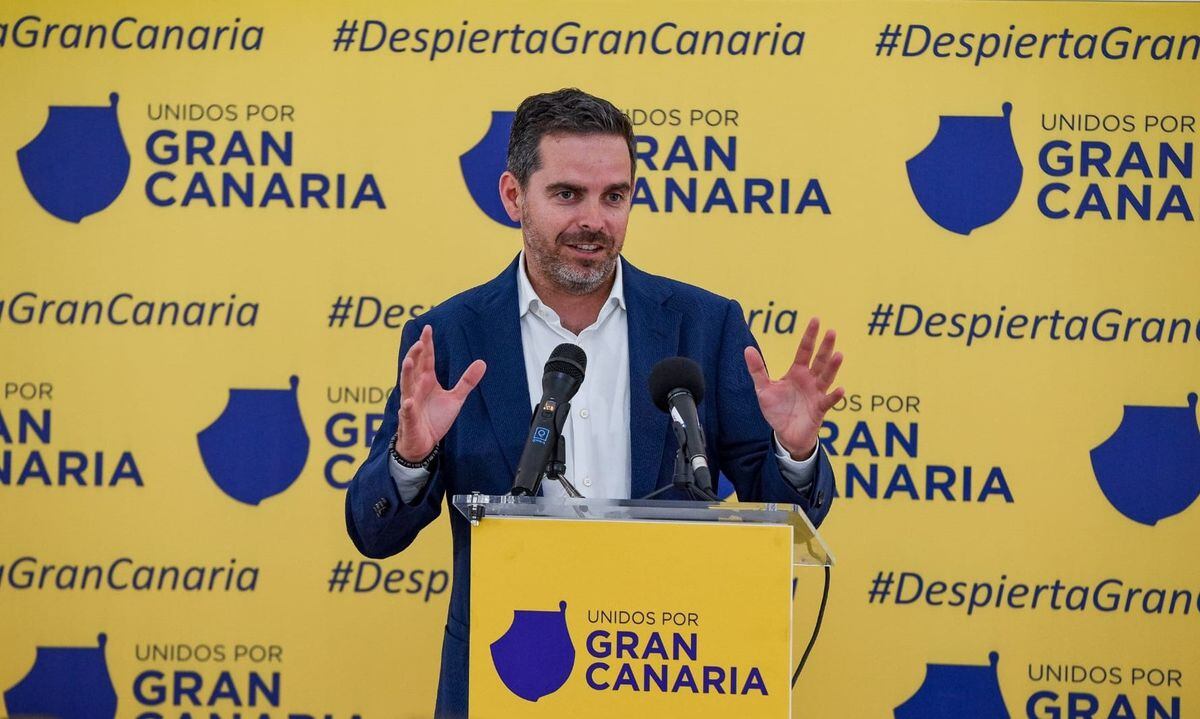
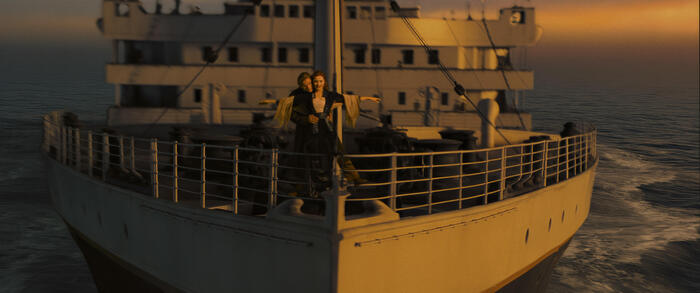
/cloudfront-eu-central-1.images.arcpublishing.com/prisa/ACVHT3PX6JCUJNS4ST4ZY7FO6I.jpg)
